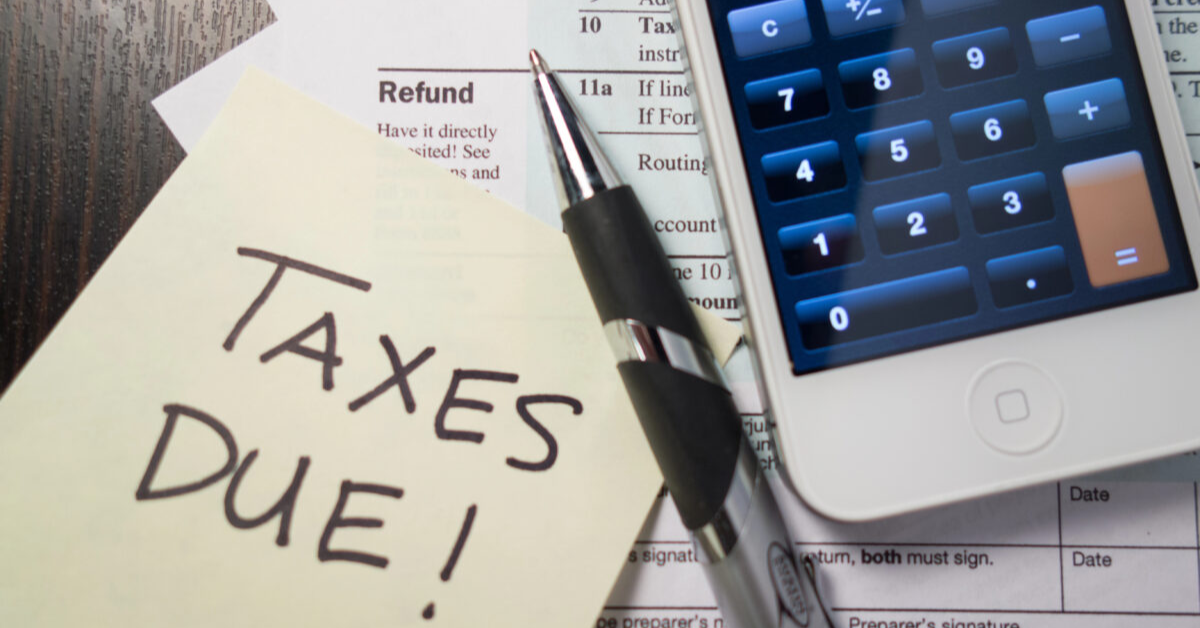GST Registration in Singapore: A Complete Guide for Businesses
Goods and Services Tax (GST) is an important part of Singapore’s tax framework. If you run a business here, understanding whether you need to register for GST—and how to do it properly—is essential for maintaining tax compliance and avoiding penalties.
In this guide, we’ll explain everything you need to know about GST Registration in Singapore, including who needs to register, the process, timelines, benefits, and how JSE Offices can help you handle your registration efficiently.
What is GST?
GST (Goods and Services Tax) is a consumption tax levied on the supply of goods and services in Singapore, as well as the import of goods into the country. It is similar to VAT (Value Added Tax) in other countries.
As of 2024, Singapore’s standard GST rate is 9%.
Once registered, businesses must charge GST on their taxable goods and services, file regular GST returns, and remit collected tax to the Inland Revenue Authority of Singapore (IRAS).
Who Needs to Register for GST?
1. Compulsory GST Registration
You must register for GST if:
-
Your taxable turnover exceeds S$1 million at the end of any calendar year (retrospective basis).
-
You expect your taxable turnover to exceed S$1 million in the next 12 months (prospective basis).
Taxable turnover includes all local sales and export of goods and services, excluding exempt supplies like financial services or residential property rental.
2. Voluntary GST Registration
Even if your revenue is below S$1 million, you may register voluntarily. This is common for startups and B2B businesses that want to claim input tax on business purchases.
However, voluntarily registered businesses must stay registered for at least 2 years and comply with all GST filing requirements.
GST Registration: Retrospective vs. Prospective Basis
Retrospective Basis
Check at the end of each calendar year (e.g., by 31 Dec) whether your taxable turnover for the past 12 months exceeds S$1 million.
If it does, you must apply for GST registration within 30 days of the end of the year. Your GST registration will start on the first day of the second month after your application.
Prospective Basis
If you reasonably expect to exceed the S$1 million threshold in the next 12 months (due to signed contracts or consistent monthly sales), you must register within 30 days of making that forecast.
Supporting documents such as signed contracts or sales projections will be required.
Types of Supplies for GST Purposes
Understanding what qualifies as a taxable supply is important when calculating whether you meet the registration threshold.
Taxable Supplies:
-
Standard-rated supplies (9%)
-
Zero-rated supplies (exports and international services)
Non-Taxable Supplies:
-
Exempt supplies (e.g., interest income, sale/rental of residential property)
-
Out-of-scope supplies (e.g., third-country sales)
Only taxable supplies count toward the S$1 million threshold for GST registration.
How to Register for GST in Singapore
The process of registering for GST in Singapore involves several steps:
Step 1: Assess Eligibility
Check if your taxable turnover meets or is expected to meet the threshold. If voluntarily registering, evaluate your business readiness.
Step 2: Complete e-Learning (for voluntary registrants)
If registering voluntarily, the business owner or key personnel must complete IRAS’ e-learning course on GST.
Step 3: Prepare Documents
Gather these supporting documents:
-
Financial statements or projected sales
-
Signed contracts or invoices (for prospective registration)
-
Business profile from ACRA
Step 4: Submit Application via IRAS MyTax Portal
All applications are submitted online via the IRAS MyTax Portal using your Singpass or CorpPass login.
Step 5: Await Approval
Processing typically takes 10 working days, but may be longer if further verification is needed.
Once approved, IRAS will send you a notification stating your GST registration number and effective date of registration.
After GST Registration: What’s Next?
Once your business is GST-registered, you must:
1. Charge GST on Taxable Sales
Include GST in your invoices and pricing. Issue tax invoices with your GST registration number.
2. File GST Returns Quarterly
Submit GST F5 returns every quarter, even if your business had no activity. Filing is done via IRAS MyTax Portal.
3. Pay GST Collected
Remit the GST collected from customers to IRAS by the due date. Late payment incurs penalties.
4. Claim Input Tax
You can claim input GST paid on business expenses, such as purchases, services, and imports—if valid tax invoices are available.
5. Keep Records
Maintain complete accounting and tax records for at least 5 years, even if your GST registration is later cancelled.
Benefits of GST Registration
1. Claim Input Tax
Registered businesses can recover GST paid on allowable business purchases, which reduces overall costs.
2. Professional Image
GST registration can enhance your credibility, especially when dealing with government bodies or large corporations.
3. Avoid Penalties
Meeting your GST obligations ensures you avoid fines, interest, and compliance risks.
4. Access to New Business Opportunities
Some clients or government contracts may only work with GST-registered vendors.
Penalties for Failing to Register for GST
Failure to register for GST on time can lead to:
-
Late registration fines up to S$10,000
-
5% penalty on overdue GST payments
-
Additional enforcement action from IRAS
It’s important to monitor your revenue and consult with professionals like JSE Offices to stay compliant.
How JSE Offices Can Help
At JSE Offices, we provide expert assistance for businesses needing GST registration and compliance support. Our services include:
-
Assessment of your GST registration requirement
-
Guidance on voluntary vs. compulsory registration
-
Preparation and submission of GST application
-
Liaison with IRAS on your behalf
-
Setup for quarterly GST filing
-
Ongoing accounting and tax advisory
We simplify the process and ensure your business remains compliant, while you focus on growth.
Common Mistakes to Avoid
-
Not monitoring revenue thresholds regularly
-
Missing registration deadlines
-
Incorrect classification of exempt vs taxable supplies
-
Poor record-keeping, which affects input tax claims
-
Late or incomplete GST returns
Avoiding these pitfalls is easier with a professional support team handling your GST affairs.
Frequently Asked Questions (FAQ)
Who needs to register for GST in Singapore?
You must register if your taxable turnover exceeds S$1 million in a 12-month period or is expected to exceed that in the next 12 months.
Can I register for GST voluntarily?
Yes. Even if your turnover is below S$1 million, you can register voluntarily—but you must remain registered for at least 2 years and comply with all requirements.
How long does GST registration take?
Typically 10 business days after submission of a complete application via the IRAS MyTax Portal.
Can I charge GST before my registration is approved?
No. You may only charge GST from your effective date of registration, as stated in IRAS’ approval notice.
What are the GST filing deadlines?
GST returns are usually filed quarterly and must be submitted within one month after the end of each accounting period.
What happens if I fail to register on time?
Late registration can lead to fines up to S$10,000 and penalties on outstanding GST.
Final Thoughts
Whether your business is expanding quickly or you’re preparing to launch, understanding and managing GST registration in Singapore is vital to avoid compliance issues and maximize your tax efficiency.
At JSE Offices, we offer a hassle-free way to determine your GST obligations, handle the entire registration process, and provide ongoing support to keep your filings accurate and timely.
Contact JSE Offices today to schedule a consultation and let our experts guide you through your GST registration with confidence and clarity.







